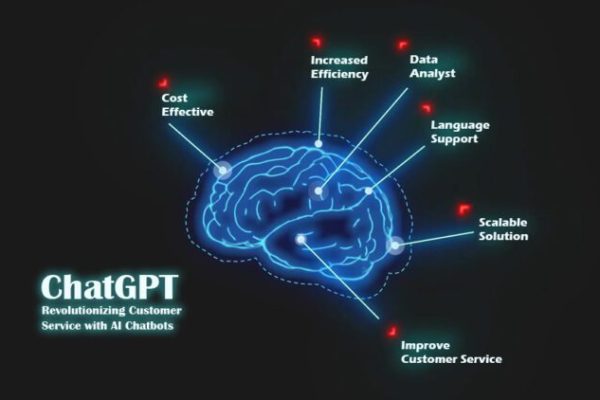The growing popularity of hemp-derived products has led to a surge in various forms of gummies designed to promote wellness. Among these, D9 gummies and CBD gummies stand out. If you’re looking to purchase D9 hemp gummies online, it’s essential to understand the differences between these two types of products to make an informed choice.
Understanding D9 Gummies
D9 gummies, also known as Delta-9 THC gummies, contain delta-9-tetrahydrocannabinol, the primary psychoactive compound found in cannabis. This compound is responsible for the “high” associated with marijuana. When you purchase D9 hemp gummies online, you’re essentially buying a product that can offer both therapeutic effects and mild psychoactive experiences.

What Are CBD Gummies?
CBD gummies, on the other hand, are infused with cannabidiol (CBD), a non-psychoactive compound derived from hemp plants. CBD is celebrated for its potential therapeutic benefits, including anxiety relief, pain management, and anti-inflammatory properties, without the mind-altering effects of THC.
Key Differences in Effects
Psychoactivity:
- D9 Gummies: Known for their psychoactive effects, D9 gummies can induce euphoria, altered perception, and relaxation.
- CBD Gummies: These do not produce a high. Instead, they offer calming and therapeutic benefits without altering mental state.
Therapeutic Uses:
- D9 Gummies: Often used for conditions like chronic pain, insomnia, and low appetite, thanks to their stronger psychoactive and physical effects.
- CBD Gummies: Preferred for anxiety, stress, mild to moderate pain, and inflammation due to their calming and non-intoxicating properties.
Legal Status
The legality of D9 and CBD gummies varies significantly. In the United States, CBD products derived from hemp (containing less than 0.3% THC) are federally legal. However, D9 gummies are subject to stricter regulations as they contain higher THC levels, making them legal only in states where recreational or medical marijuana is allowed.
Consumption and Dosage
When it comes to consuming these gummies, understanding dosage is crucial:
- D9 Gummies: Starting with a low dose (5-10 mg of THC) is recommended, especially for new users, to gauge tolerance and avoid adverse effects.
- CBD Gummies: Commonly available in doses ranging from 5 mg to 25 mg per gummy, users can start low and adjust based on their needs without worrying about psychoactive effects.
Potential Side Effects
Both types of gummies can cause side effects, though they differ due to their active ingredients:
- D9 Gummies: May cause dizziness, dry mouth, increased heart rate, and, in some cases, anxiety or paranoia.
- CBD Gummies: Generally well-tolerated, but some users may experience dry mouth, drowsiness, or changes in appetite.
How to Choose the Right Gummy for You
Choosing between D9 and CBD gummies depends on your specific needs and preferences:
- For Therapeutic Benefits Without a High: CBD gummies are ideal.
- For Stronger Pain Relief or Recreational Use: D9 gummies may be more suitable, keeping in mind their psychoactive effects and legal status.
Where to Buy
It’s crucial to buy these products from reputable sources. Whether you’re looking to purchase D9 hemp gummies online or CBD gummies, ensure the seller provides third-party lab testing results to verify the purity and potency of their products.

Conclusion
In summary, D9 gummies and CBD gummies each offer unique benefits suited to different needs. D9 gummies provide psychoactive effects along with therapeutic benefits, making them ideal for certain conditions and recreational use where legal. In contrast, CBD gummies offer a non-intoxicating way to alleviate various health issues. Understanding these differences will help you make an informed decision based on your health goals and legal considerations.



























































